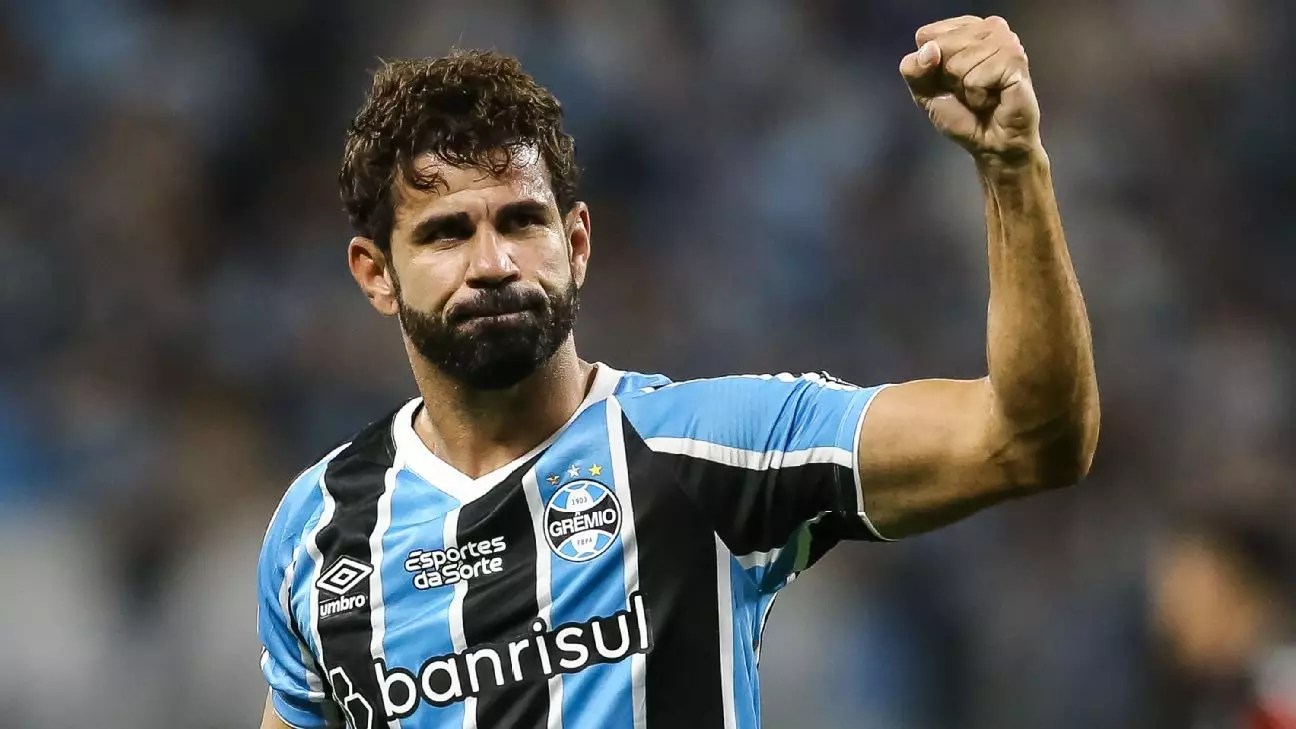In early 2024, Arsenal experienced a remarkable turnaround following a warm weather training camp in Dubai, which invigorated Mikel Arteta’s squad and helped them compete fiercely for the Premier League title. However, the prospects for the 2025 season have taken a frustrating twist, thrusting the club into a precarious situation. The sudden injury of Kai Havertz, the only available central striker, has left Arsenal scrambling for answers as they navigate a season that has already been marred by missed opportunities and injuries.
A Lack of Depth and Critical Decisions
This latest setback follows a series of miscalculations, particularly the decision to forgo signing a striker during the winter transfer window, a choice that appears increasingly questionable in hindsight. As the Gunners face the prospect of fielding an inexperienced or underwhelming replacement, the reality of their situation becomes glaringly apparent. With limited options on the market and unable to bring anyone in on short notice, they may have to resort to using free agents or promoting youth players from their academy—neither of which appears promising.
Arsenal’s resources seem diminished, and the pressure to not only field a competitive team but also to contend for the title weighs heavily. Signing experienced talent may have bolstered their chances, but now, the looming question is whether they can find a suitable player to lead their attack without putting everything on the line.
Many have been speculating about who could potentially step up to fill the void left by Havertz. Among the names floated, some familiar faces emerge, but their credentials raise doubts rather than inspire confidence. For example, Carlos Vela, a former player for Arsenal, has enjoyed a fruitful career in Major League Soccer but remains an unlikely candidate to return to the cutthroat nature of the Premier League. At 35, the physical demands of the league might be too great for him, as he presents more of a style suited to play on the wing rather than as a central striker, where strength and battle with defenders are key.
Meanwhile, Diego Costa, another name being mentioned, has not featured reliably in the Premier League for years. His single goal during a season with Wolves exemplifies his decline, and at 36, one must question whether he could re-acclimate to the intense physicality of English football. While Costa’s history and fiery temperament once made him a star, his current form is not reflective of a player who can return to being a match-winner.
Then there’s the potential option of Santi Gómez, a striker who has found himself without a club since leaving Trabzonspor. Although he’s at an age (28) where he should ideally be entering his prime, his failure to score despite extensive playing time in the previous season raises red flags. A season without a single goal will likely deter many clubs from pursuing him, leaving Arsenal in a tough position where they might have to gamble on an unproven and out-of-form talent.
The more enticing choice might be Lucas Díaz, who has experienced success in his career but remains a shadow of his former self. Despite a successful spell with Lyon years ago, the last several seasons have yielded disappointing results. He has not consistently made an impact, raising concerns about whether he could adapt to the sustained pressure of Premier League football at this stage of his career.
With the prospect of signing established stars dwindling, Arteta may find himself relying on youth players like Nathan Butler-Oyedeji or Khayon Edwards, both of whom remain untested and lack the experience that an established striker brings. While they have shown promise in the Premier League 2, the leap to the first team is monumental, and time is running out to identify a solution that meets the team’s immediate needs.
As Arsenal confronts the repercussions of their earlier decisions while grappling with injuries, the club stands at a crossroads. The loss of Havertz, coupled with Gabriel Jesus potentially being out for the season, leaves Arteta and his squad with a dire challenge. With no straightforward answers on the horizon, the Gunners’ management must navigate this simple yet complex predicament wisely, striving to mitigate the impact of these injuries and maintain their competitiveness in a challenging league environment.
Arsenal’s striking woes underscore an ongoing narrative of missed opportunities and the importance of proactive decision-making in football. As they grind through the remainder of the season, they must learn to adapt quickly, rallying their resources to ensure they do not slip further behind in their quest for a top finish in the league.


Leave a Reply